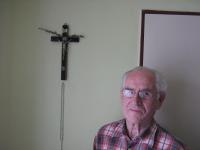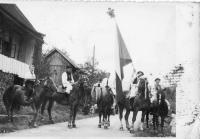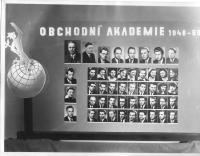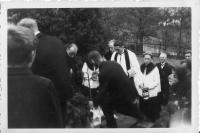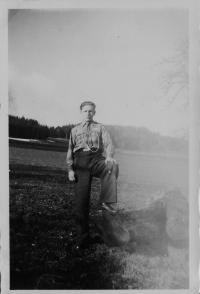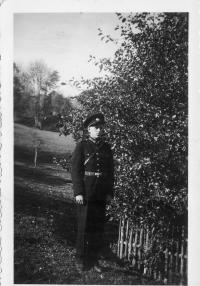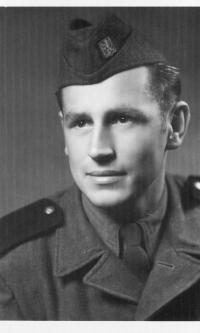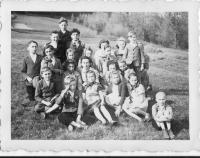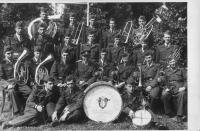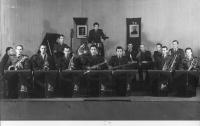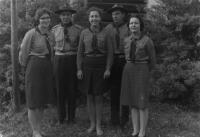We were people designed for extermination
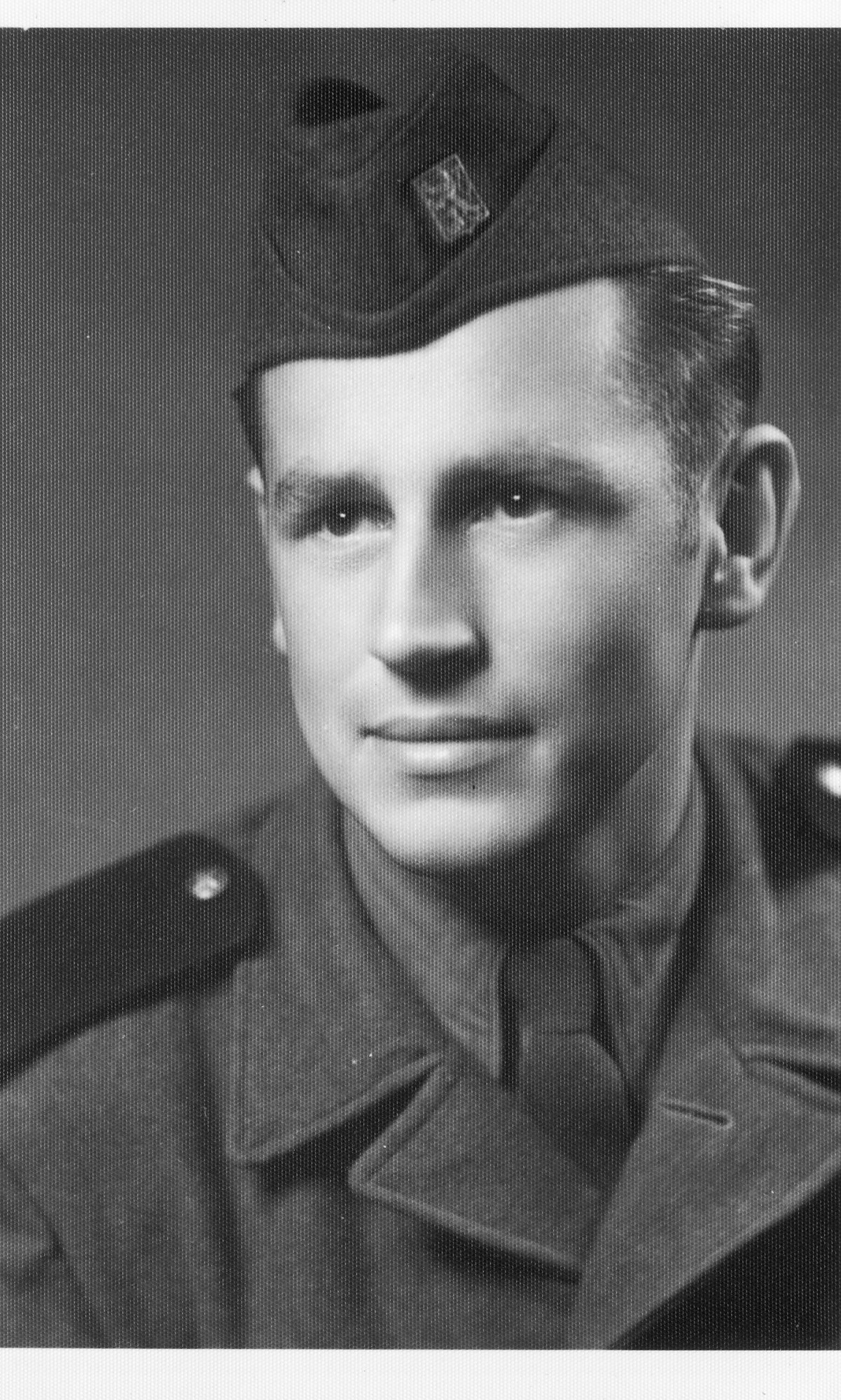
Download image
Miroslav Pospíšil was born in 1929 in Štědrákova Lhota. He spent his entire childhood in this small village, which was one of the northernmost Czech settlements in the predominantly German region of northwestern Moravia. During the war he witnessed his neighbours’ arrest for their contacts with the resistance movement and helping the partisans. At the very end of the war their village was on the verge of paying for this as there was a threat of burning down the whole village. In 1945 and later in 1968 he was actively involved in the restoration of Scouting in Ruda nad Moravou. His parents’ farm was confiscated by the state during the collectivization process. He eventually became the enemy of the state due to is faith, his family farm and his activity in the Scout organization. He spent more than three years in the Auxiliary Technical Battalions (PTP). However, he remained faithful to his conviction and he has maintained his attitude throughout the entire period of the communist rule. At present he lives in Hostice near Ruda nad Moravou.
